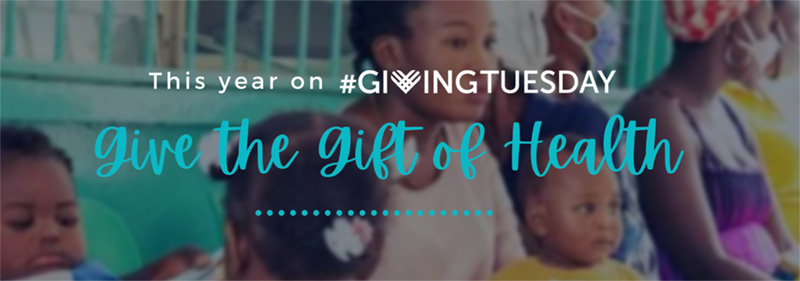–Al Jazeera’s Sebastian Walker asks why a system that was designed to help Haitians ended up exacerbating their misery.–
Upon reviewing the above video of Sebastian Walker’s incredible reports from Haiti starting just 24 hours after the earthquake in January 2010 through September 2011, it leaves one scratching his or her head about how best to engage as a non-profit organization trying to help. While there is an element of demonization that pervades Mr. Walker’s report about the lack of coordination, accountability, urgency and impact of the NGOs that work in Haiti, surely this generic classification cannot apply to all those organizations working to help the Haitian people. The numbers are stunning, to be sure: $2 billion in aid money over the past 18-24 months and Haitians are not much better off for it by any set of indicators.
Much has been written about this phenomenon so rather than conduct a literature review on the subject, I think about our own experience in Haiti thus far. Containers 2 Clinics, has created a reliable, safe haven for pregnant women and girls in the Delmas section of Port-au-Prince where they can receive comprehensive antenatal care at a small cost. Women have come to rely on us to provide the care they need in the absence of any other alternative in their catchment area. While it hasn’t been easy, we are providing a critical service for them amidst the chaos, corruption, and lack of accountable leadership that exists in Haiti.
Spending time in Haiti and even viewing Mr. Walker’s report can leave one with a sense of utter desperation and hopelessness about the apparent lack of progress in Haiti. But does that mean aid organizations should pack up and let Haitians fend for themselves? Given the countries colonial history, back-breaking national debt and exploitation by neighboring countries, is it any wonder that the Haitians, despite their best efforts, have not been able to get off their knees? Are we all not obligated to right the wrongs of the past, provide sufficient infrastructure, basic health care and education to allow market forces and social systems to develop naturally?
As with any country so heavily dependent on foreign aid, Haiti must develop confident, patient, autonomous and visionary leadership to shepherd the country through this evolution. But leadership development takes time, something most Haitians battling cholera, malnutrition, lack of shelter and staggering unemployment simply do not have. In the meantime, we cannot turn our backs on the Haitians when they so desperately want a better, more dignified, life for themselves and their children.
– Jessica Thompson Somol
